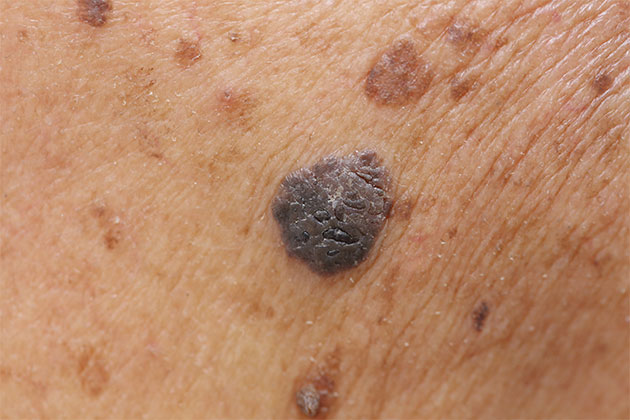Проучването показва, че бактериите, които обикновено се срещат върху кожата ни, действат като потенциален „слой“ на защита срещу рак
Появата на рак на кожата has been steadily increasing over the past decades. Skin рак is of two kinds – melanoma and non-melanoma. The most common type is the melanoma skin cancer which causes 2 and 3 million cases globally every year. The non-melanoma is not the most common type and affects 130,000 globally but is also serious because it can spread. One in every three рак диагностициран в световен мащаб е рак на кожата. Нашата кожа е най-големият орган в тялото и е също така най-важният, тъй като покрива цялото тяло и ни предпазва от вредни външни фактори като слънце, необичайни температури, микроби, прах и т.н. Кожата е отговорна за контролирането на телесната ни температура и отстраняването на потта от нашето тяло. Това прави същественото витамин D and marvellously, the skin provides us with a sense of touch. The main cause of skin рак is overexposure to harmful rays of the sun. As the ozone layer in our atmosphere is gradually depleting the protective layer is going away leading to more UV (ultra-violet) radiation of the sun to reach the earth’s surface. Melanoma рак, which starts in pigment-producing skin cells, is caused by abnormal changes in the skin when раков cells start growing and the main factor is somehow connected with an individual’s exposure to the sun and their history of sunburn. Non-melanoma skin рак starts in the cells of the кожа and grows out to destroy nearby tissue. This type of рак generally does not spread to other parts of the body (metastasize) but melanoma cancer does.
Проучване, публикувано в Наука Авансите описва нова потенциална роля на бактерии on our skin in protecting us against рак. Researchers at UC San Diego School of Medicine, USA have identified a strain of the бактерии Staphylococcus epidermidis which is very commonly found on здрав human skin. This unique strain of skin бактерии is seen to inhibit growth (kill) of several types of рак by producing a chemical compound – 6-N-hydroxyaminopurine (6-HAP) in mice. It was clear that only the mice which had this бактериална strain on their skin and thus made 6-HAP did not have кожа tumours after they were exposed to рак causing UV rays. The chemical molecule 6-HAP basically impairs the synthesis (creation) of DNA thereby preventing the spread of tumour cells and also suppressing the development of new skin tumours. The mice were injected with 6-HAP every 48 hours over a period of two weeks. The strain is non-toxic and does not affect normal healthy cells while reducing the already present tumours by almost 50 percent. The authors state that the бактериална strain is adding “another layer” of protection to our skin against рак.
This study clearly shows that our “skin microbiome” is an important aspect of the protection which skin offers. Some skin бактерии are already known for producing antimicrobial peptides which protect our skin from invasions by pathogenic бактерии. Further studies are required to understand the workings of 6-HAP and whether ideally it could be used as a preventative measure against рак.
***
{Можете да прочетете оригиналната изследователска статия, като щракнете върху връзката DOI, дадена по-долу в списъка с цитирани източници}
Източник (и)
Nakatsuji T et al. 2018. Комменсален щам Staphylococcus epidermidis предпазва от кожна неоплазия. Наука Авансите. 4 (2). https://doi.org/10.1126/sciadv.aao4502






































